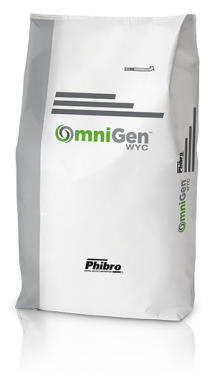Nutritional Immunomodulation + Heat Stress – How Are Your Cows Affected?
Study examines the effects of nutritional immunomodulation and heat stress during the dry period on the next lactation performance of dairy cows.1
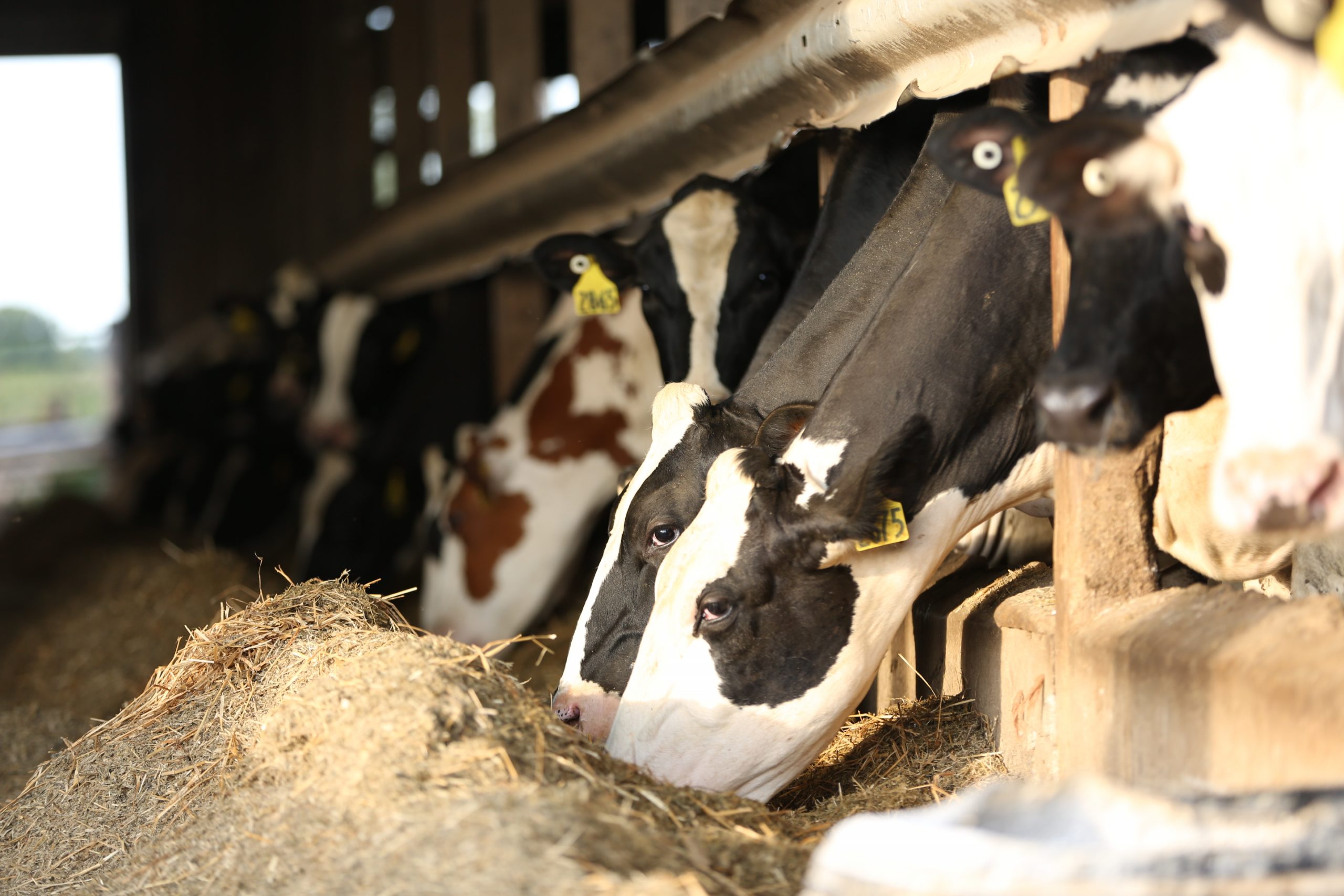
Heat stress during a dairy cow’s dry period impacts milk yield in the next lactation. While feeding OmniGen® to lactating cows during heat stress may increase dry matter intake and lower respiration rates and rectal temperature, its effects on dry cows were not known. Researches from University of Florida studied the effects of nutritional immunomodulation and heat stress during the dry period on subsequent performance of dairy cows. Their hypothesis: OmniGen supplementation before, during and after the dry period (approximately 160 days) would help mitigate the effects of heat stress and improve cow performance in the next lactation.
The study was conducted in the summer of 2015 at the University of Florida in Gainesville. Sixty days before dry-off, cows were randomly assigned to OmniGen or control (i.e., placebo) treatments for the last 60 days in milk, based on mature equivalent milk yield in the previous lactation. Before dry-off, all cows were kept under cooling systems with normal dairy farm management. Cows not fed OmniGen were fed 56 g/d of bentonite as a placebo control. Cows were dried off 45 days before expected calving and randomly assigned to heat stress or cooling groups. Thus, cows received dietary supplementation during late lactation before they were exposed to either cooling or heat. After dry-off, groups included heat stress with placebo, heat stress with OmniGen supplementation, cooling with placebo and cooling with OmniGen supplementation. After parturition, all cows were kept under the same cooling system and management and all cows continued to receive OmniGen or the control until 60 days in milk.
Impact of OmniGen and Heat Stress During the Dry Period
This study led researchers to some impactful conclusions. They found that heat stress during the dry period negatively affects the performance of dairy cows in the next lactation; that is, heat-stressed cows produce less milk compared with cooled cows.
Regarding the effect of OmniGen supplementation, cows fed OmniGen tended to have greater milk production in the subsequent lactation. More interesting, feeding OmniGen to heat stressed animals during the dry period eliminated the negative impact of heat stress on milk production at the next lactation; in other words, heat stressed animals during the dry period that were supplemented with OmniGen performed the same as animals cooled during the same period.
Visit pahc.com/omnigen or contact your local Phibro representative to learn more.
1Fabris et al., 2017. J. Dairy Sci. 100:6733–6742.
OG760721GLB ©2022 Phibro Animal Health Corporation. Phibro, Phibro logo design, Healthy Animals. Healthy Food. Healthy World. and OmniGen are trademarks owned by or licensed to Phibro Animal Health Corporation or its affiliates.
Dairy Cattle Products
Study examines the effects of nutritional immunomodulation and heat stress during the dry period on the next lactation performance of dairy cows.1





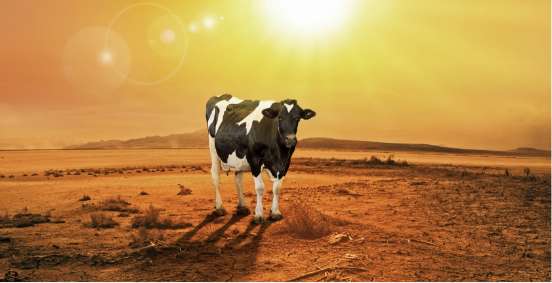
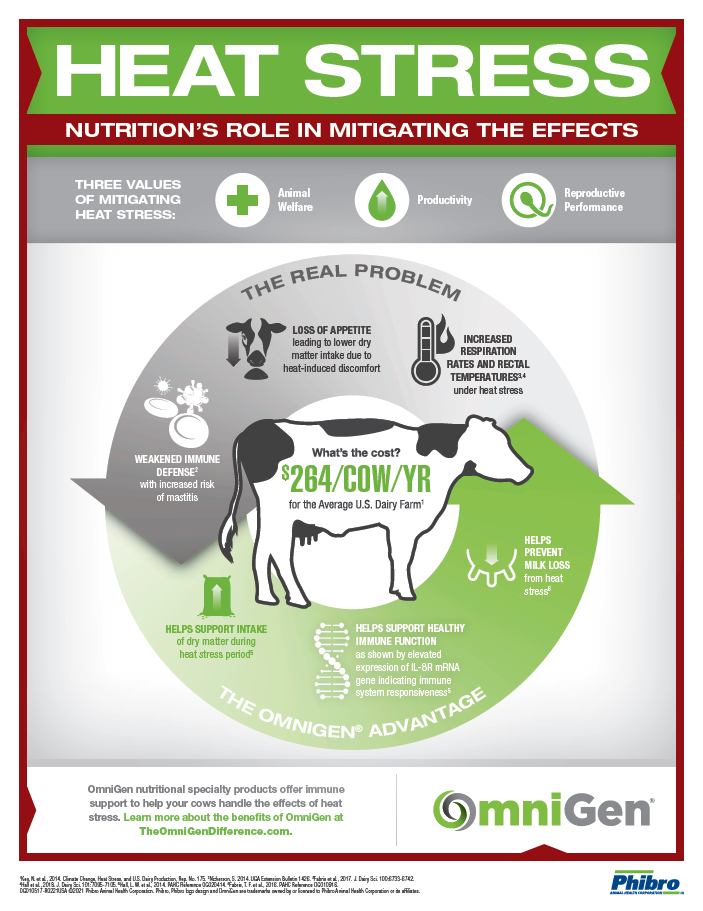
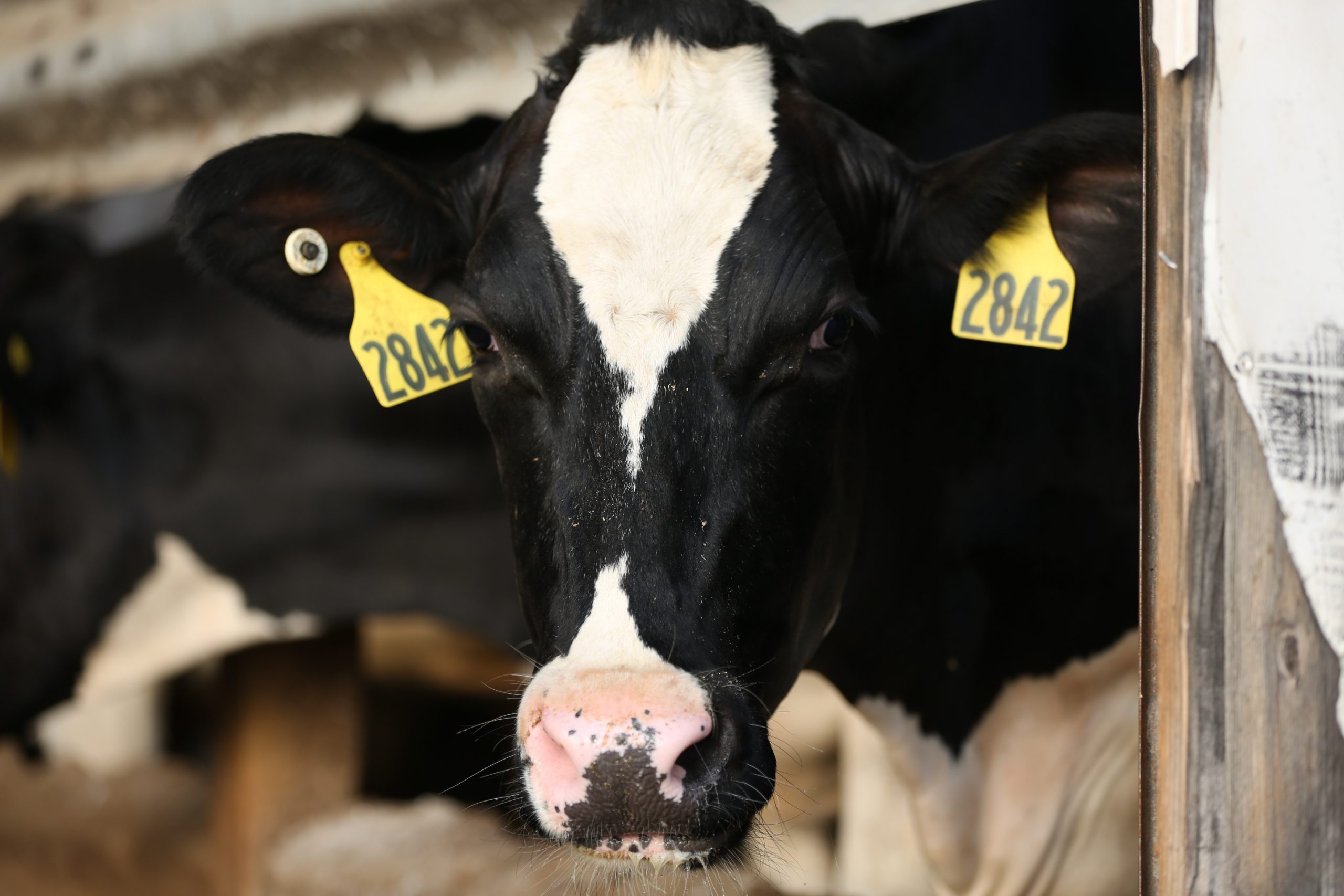
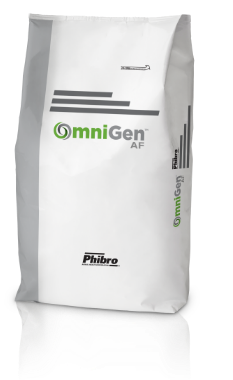
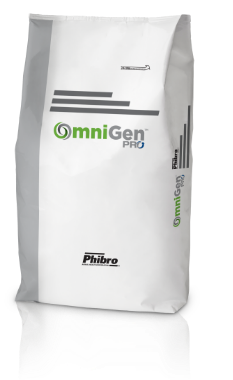
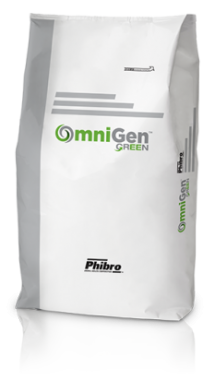
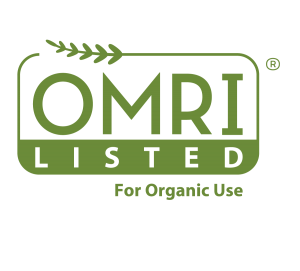 OmniGen Green is Organic Material Review Institute (OMRI) listed.
OmniGen Green is Organic Material Review Institute (OMRI) listed.